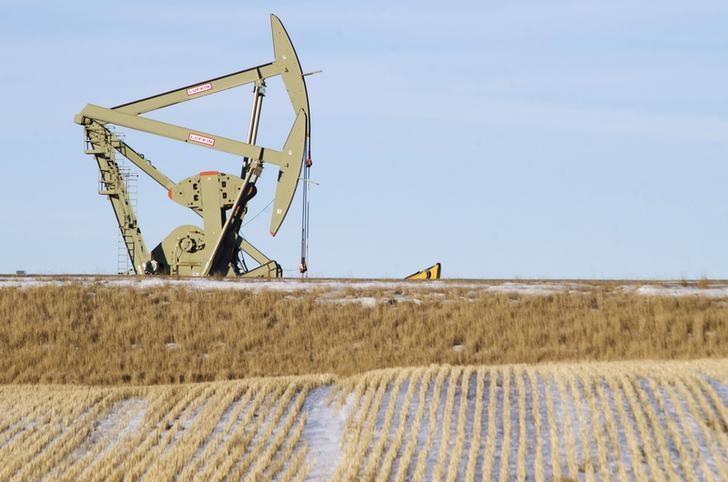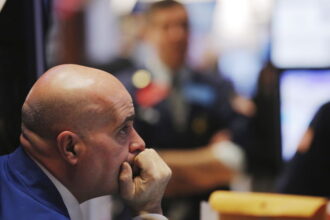By Katya Golubkova
TOKYO (Reuters) – Oil prices slipped in early trade on Tuesday amid concerns that fuel demand will be crimped by major central banks holding interest rates higher for longer, even with supply expected to be tight.
futures were down 11 cents at $93.18 a barrel at 0055 GMT and U.S. West Texas Intermediate crude futures were trading 1 cent lower at $89.67.
The world’s top economic policy makers, the U.S. Federal Reserve and the European Central Bank, have over the recent days reiterated their commitment to fight inflation, signalling tight policy may persist longer than previously anticipated. Higher interest rates slow economic growth, which curbs oil demand.
Separately on Monday, rating agency Moody’s (NYSE:) said that a U.S. government shutdown would harm the country’s credit, a warning coming one month after Fitch downgraded the U.S. by one notch on the back of a debt ceiling crisis.
While supply remains tight as Russia and Saudi Arabia have extended production cuts to the end of the year, Moscow on Monday eased its temporary ban on gasoline and diesel exports, issued separately to stabilise the domestic market.
With China’s Golden Week holiday starting from Sunday, oil prices could gain support from a pick-up in travel and resulting oil product demand from the world’s second biggest oil consumer.
“Tightening oil supplies could outweigh macroeconomic headwinds. We expect oil to trade above $90 per barrel during the week,” ANZ Research said in a note.
Oil prices have risen by around 30% since mid-year driven mostly by tighter supply, wiping off 0.5 percentage points from the global GDP growth in the second half of this year, according to JP Morgan.
But the shock “is not large enough to threaten the expansion by itself”, JP Morgan added in a note.
Read the full article here










